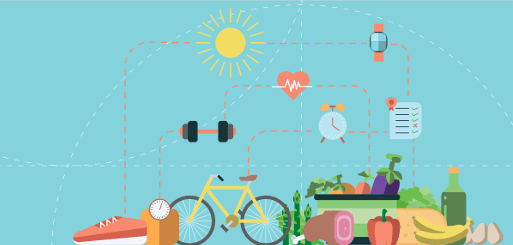
Apr 2017
27 Mon
28 Tue
29 Wed
30 Thu
31 Fri
1 Sat 08:30 AM – 05:30 PM IST
2 Sun 08:30 AM – 05:30 PM IST

Apr 2017
27 Mon
28 Tue
29 Wed
30 Thu
31 Fri
1 Sat 08:30 AM – 05:30 PM IST
2 Sun 08:30 AM – 05:30 PM IST
Ganesh Bagler
@gansbags
Submitted Feb 27, 2017
Have you ever wondered why do we combine ingredients in our recipes the way we do? Or for that matter, could we find scientific ways for altering diet to improve health? Our data-driven investigations aimed at probing patterns in traditional Indian recipes, in response to the first question, have led us to the discovery of a novel food pairing phenomenon in Indian cuisine. Our studies have revealed ‘culinary fingerprints’ of regional cuisines and role of spice as the molecular fulcrum of Indian recipes. Such data-driven explorations of food are opening new avenues for development of divergent applications in the domains of nutrition and health. One such direction is towards application of machine learning for ‘personalized nutrition’ that can potentially answer the second question, allowing us to leverage food as medicine.
Ganesh Bagler is an interdisciplinary researcher working in the areas of complex systems, computational biology, bioinformatics, in silico drug discovery, and applications of data science to health and medicine. He is trained in physics, computational techniques and computational biology, with PhD from CSIR-Centre for Cellular and Molecular Biology, and postdoctoral training from National Centre for Biological Sciences and Max-Planck-Institute for Molecular Genetics. He is credited with the observation of assortative mixing in residue interaction graph models of protein structures as well as discovery of exceptional ‘contrasting food pairing’ in Indian cuisine. His research involves questions on the interface of biology, medicine and computational sciences. Based on the discovery of ‘contrasting food pairing’ in Indian cuisine and culinary fingerprints in regional cuisines, his lab is presently intensely involved in finding data-driven strategies to leverage food for better health.
{{ gettext('Login to leave a comment') }}
{{ gettext('Post a comment…') }}{{ errorMsg }}
{{ gettext('No comments posted yet') }}